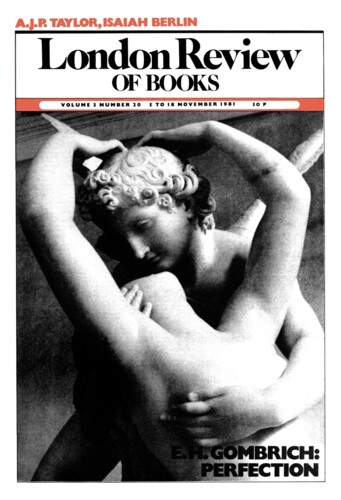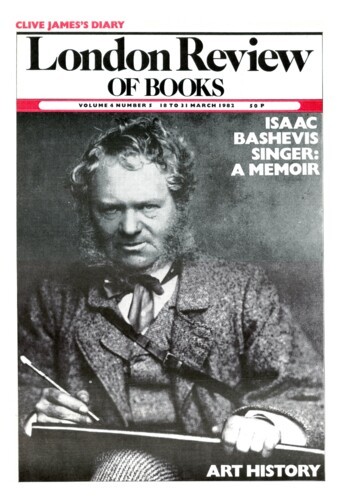Irrational Politics
Jon Elster, 21 August 1980
Anglo-American political science is dominated by the image of rational man. Politics is the maximising of something or other: material benefits for the voter, votes for the politician. Politicians competing for the voters’ favour have to think strategically and rationally. They cannot waste effort on lost causes, nor afford to take up positions too far from the centre. Indeed, a famous theorem, which indicates the flavour of much of rational-choice political science, says that parties tend to converge towards the middle of the political spectrum for much the same reason that makes ice-cream vendors converge towards the middle of the beach. Politicians must concentrate their scarce resources to sway the marginal voter, and in doing so they have to anticipate and if possible undercut the competition from other politicians, well knowing that the latter are trying to do the same. The ‘I think that he thinks that I think …’ aspect of politics is formalised by game theory, a branch of rational-choice theory that has become increasingly important in political science. Game theory is uniquely well suited to bring out the complex interdependencies of social life, and to explain many paradoxical phenomena in terms of individual rationality. In The Presidential Election Game, Steven Brams has explained the confrontation between Nixon and Justices Burger and Blackmun over the White House tapes in terms of a strategic conflict, where the actual and rationally predictable outcome was worse for both sides than another available outcome. Such paradoxes can occur because the jointly best outcome is not stable against defectors: i.e. rational players will try to go for something even better and thereby jointly bring about something worse.





